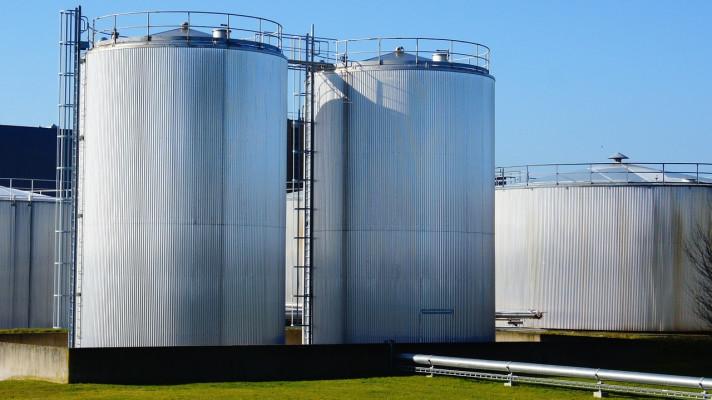ATLANTA - People who work with or near metalworking fluids could be at risk for serious respiratory illnesses if protective equipment and other workplace safety measures are ignored, U.S. health experts said yesterday.
US cites hazards of metalworking fluids
Metalworking fluids are substances, usually oil-based, that cool and lubricate machinery during high-speed cutting, grinding and honing. An estimated 1 million Americans are exposed to such fluids in the workplace, according to a study by the Centers for Disease Control and Prevention.
The CDC warned of the potential health risk after an investigation into a recent outbreak of work-related respiratory illnesses among machinists at a TRW Inc. brake manufacturing facility in Mount Vernon, Ohio.
The CDC said it was called in last year to investigate the outbreak, one of the largest ever among machinists, after three workers were hospitalized with coughs, shortness of breath, fatigue and other symptoms of respiratory illness.
A review of plant records later revealed that more than a quarter of the facility\'s 400 workers had been placed on work restriction by their doctors due to respiratory problems in the preceding 11 months.
\"Some people have had fairly severe illnesses and are still symptomatic,\" Dr. Douglas Trout of the CDC\'s National Institute for Occupational Safety and Health (NIOSH) told reporters in a conference call.
\"They are being followed by their physicians and have not returned to work,\" Trout added.
The Atlanta-based CDC said the sick workers may have been exposed to an aerosolized form of nontuberculous mycobacteria, which can lead to deadly infections, especially in people with weak immune systems.
The CDC did not accuse TRW of any wrongdoing.
The agency noted that, since the beginning of the outbreak, the company had taken a number of measures to improve workplace safety at the plant, including steam cleaning its metalworking fluid systems and machines and upgrading its ventilation system.
There have been no new cases of work-related respiratory disease among employees at the plant since April 2001.
MICROWAVE POPCORN FACTORY CITED
In a separate study, the CDC said that some workers at factories that produce microwave popcorn might be at risk for a rare but serious lung disease, possibly due to high exposures to vapors from from vats of butter flavorings.
The CDC said that eight people who had worked at the Gilster-Mary Lee Corp. popcorn packaging factory in Jasper, Missouri, between 1992 and 2000 had been diagnosed with an illness resembling bronchiolitis obliterans, a buildup of scar tissue blocking the bronchioles.
The disabling illness, which sometimes follows pneumonia, is characterized by persistent cough, shortness of breath and obstruction of the airways. At the time of the CDC investigation, at least four of the workers were waiting for lung transplants.
Preliminary animal tests suggest that exposure to high air concentrations of the butter flavoring used in the Missouri plant may cause severe damage to the airways.
The CDC said it had recommended that the Missouri plant improve its ventilation system and take other measures to reduce dust and airborne hazards. Workers at the popcorn plant have the option of wearing respiratory ventilators.
The agency added that there was no evidence to suggest that eating or handling microwave popcorn posed a risk for consumers.
The CDC said it issued the reports to highlight the need to increase workplace safety in the United States. Sixteen people on average die every day from workplace injuries and another 9,000 suffer disabling injuries while on the job.
Dr. Kathleen Kreiss, acting director of NIOSH, said the nation had improved its workplace safety record in the past two decades, but she noted that workers still faced hazardous exposure to such things as lead, silica and noise on the job.
Story by Paul Simao
REUTERS NEWS SERVICE
Sdílet článek na sociálních sítích
